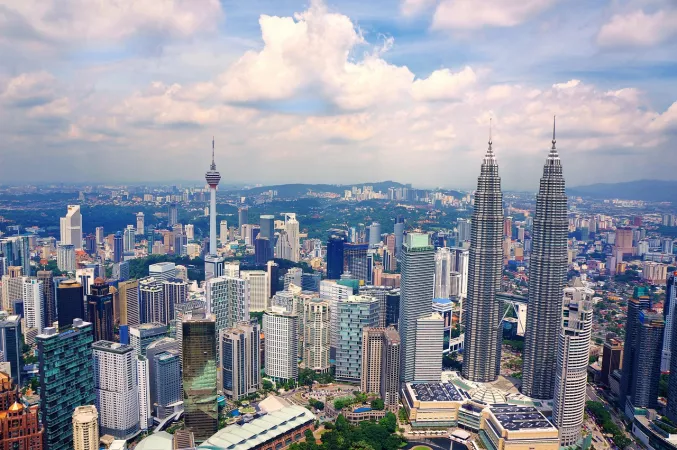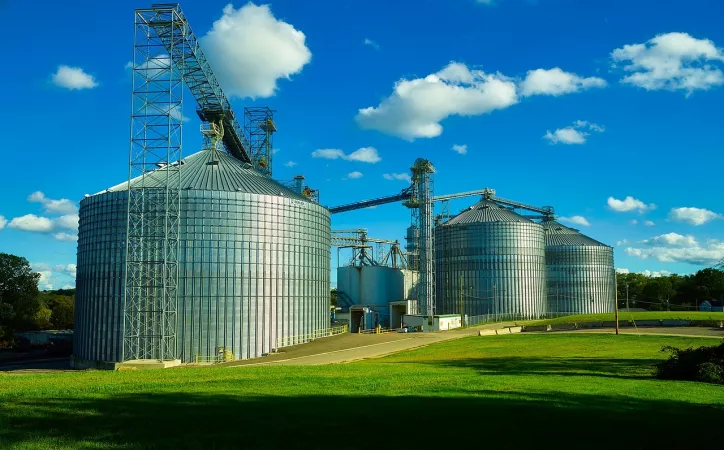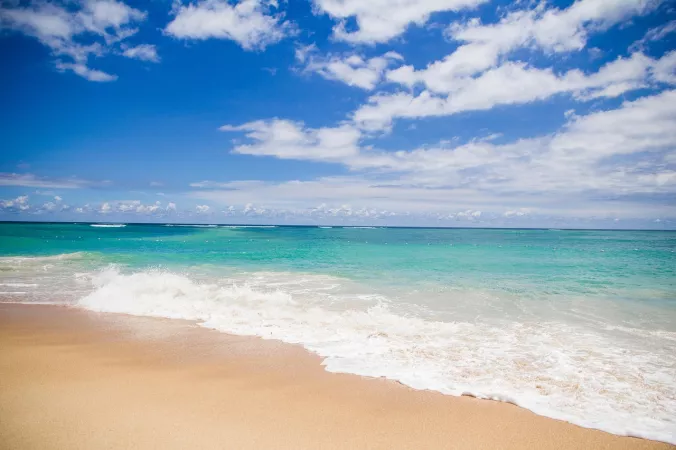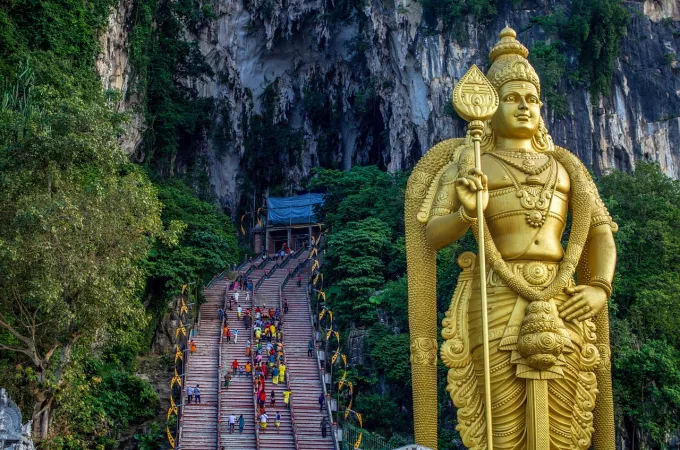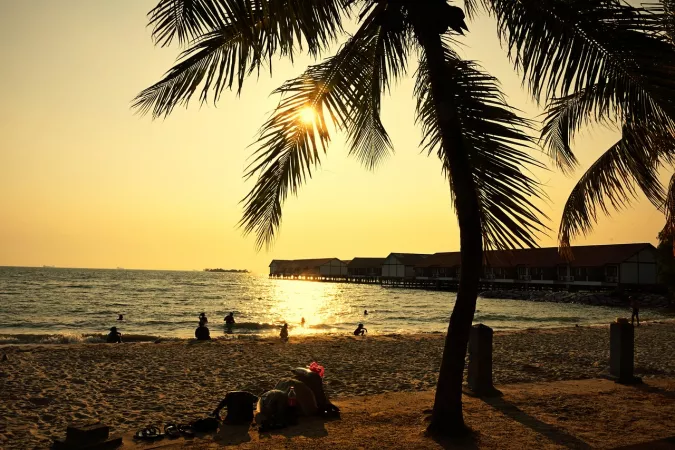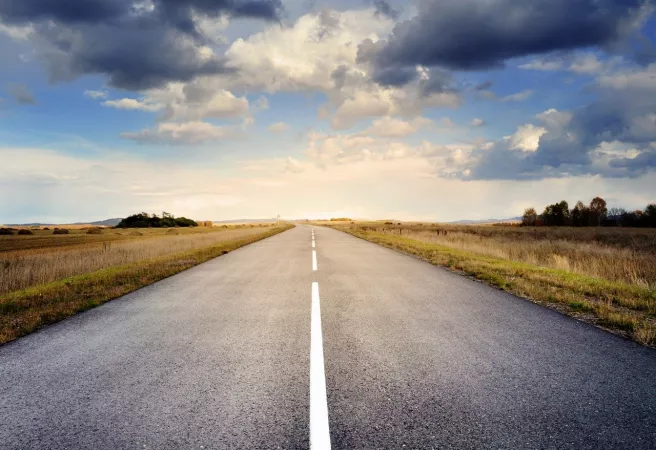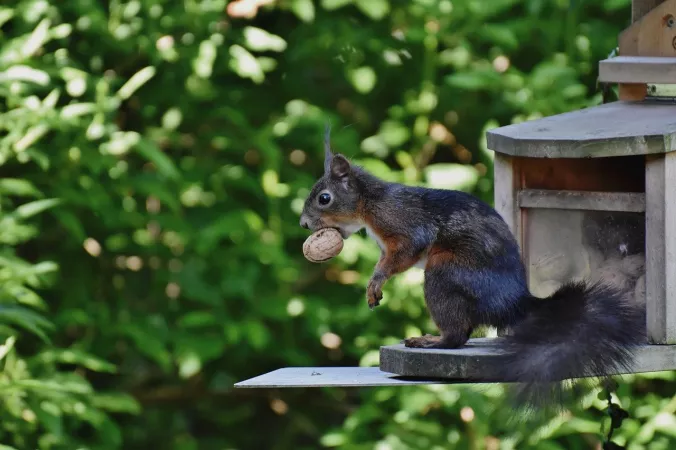
Muar Travel Guide
Muar, a charming town located in Malaysia, is steeped in history, boasting a rich cultural significance. Known for its historical landmarks, vibrant street art, and delectable cuisine, Muar is a popular destination for travelers seeking an authentic Malaysian experience. The town's strategic location along the Malacca Strait has contributed to its prosperity and cultural diversity over the centuries.Top Attractions in Muar
- Historical Sultan Ibrahim Jamek Mosque
- Tan Kok Leyong Art Gallery
- Muar Otak-Otak
- Bentayan Street
- Muar River Cruise
Muar is Famous for
Muar is renowned for its delectable Otak-Otak, a traditional Malaysian fish cake wrapped in banana leaves and grilled to perfection.Top Attractions in Muar
- Explore the historical Sultan Ibrahim Jamek Mosque
- Admire the unique artworks at Tan Kok Leyong Art Gallery
- Savor the famous Muar Otak-Otak
- Stroll along the vibrant Bentayan Street
- Experience a relaxing Muar River Cruise
What's Great about Travelling to Muar?
- Authentic cultural experiences
- Mouthwatering local cuisine
- Historical landmarks and architecture
- Warm and welcoming local community
What's Not So Great about Travelling to Muar?
- Limited nightlife options
- Hot and humid weather at certain times of the year
- Language barrier for non-Malay speakers
- Limited public transportation options
Travel Tips for Muar
- Check visa requirements before traveling
- Use Grab or local taxis for transportation
- Respect local customs and traditions
- Stay hydrated and protect yourself from the sun
Important Muar trip information
- Ideal Duration: 2-3 days
- Best Time to Visit: November to February
- Nearby Airports and Railway Stations: Melaka International Airport, Muar Railway Station
FAQ's on Muar
Q1: What is the best time to visit Muar?
The best time to visit Muar is during the dry season from May to September when the weather is pleasant for exploring the city. This period also coincides with various cultural festivals and events, offering a vibrant experience for tourists. However, if you prefer fewer crowds and lower prices, consider visiting during the shoulder seasons of March to April or October to November. Avoid the monsoon season from November to February, as heavy rainfall may limit outdoor activities.
Q2: Do I need a visa to travel to Muar?
Tourists from many countries can enter Malaysia, including Muar, visa-free for a certain period, typically ranging from 14 to 90 days. However, it is essential to check the specific visa requirements based on your nationality before traveling. Some countries may require a visa or visa on arrival. Make sure your passport is valid for at least six months beyond your planned stay in Muar.
Q3: What are the must-visit attractions in Muar?
Muar offers a blend of historical sites, cultural landmarks, and natural beauty. Don't miss the iconic Sultan Ibrahim Jamek Mosque, the historical Tanjung Emas Park overlooking the Muar River, and the vibrant Bentayan Street with its local shops and eateries. Explore the unique architecture of the Old Town, visit the Laman Maharani garden, and taste traditional snacks at Muar's famous food stalls. For nature lovers, a boat ride along Sungai Muar or a visit to the Tanjung Ketapang mangrove forest is a must.
Q4: Is Muar a safe place to travel?
Muar is generally a safe destination for travelers. However, like any other city, it is advisable to stay cautious and be aware of your surroundings, especially in crowded or unfamiliar areas. Petty theft can occur, so keep your belongings secure and avoid displaying valuables openly. As with any travel, it's recommended to take standard safety precautions, such as using authorized transportation services and staying in well-known accommodations.
Q5: What is the local currency in Muar and can I use credit cards?
The local currency in Muar, as in the rest of Malaysia, is the Malaysian Ringgit (MYR). ATMs are widely available in the city, especially in commercial areas and shopping centers, making it convenient to withdraw cash. Credit cards are accepted in most hotels, restaurants, and larger stores, but it's advisable to carry some cash for smaller establishments and local markets. Inform your bank of your travel plans to prevent any issues with card transactions abroad.
Q6: What is the local cuisine like in Muar?
Muar is renowned for its diverse culinary scene, offering a mix of Malay, Chinese, and Indian influences. Don't miss trying the famous Muar otak-otak (grilled fish cake), Mee Bandung Muar (noodle dish in a spicy broth), and Satay Muar (grilled skewered meat). Explore the local markets for fresh fruits, snacks, and traditional kuih (sweet treats). For a unique dining experience, visit the vibrant night markets to sample a variety of street foods. Vegetarian and halal options are widely available in Muar, catering to different dietary preferences.
Q7: What transportation options are available in Muar?
Muar offers various transportation options for getting around the city and its surrounding areas. Local buses and taxis are commonly used for short distances within the city, while ride-hailing services like Grab provide convenient travel options. Renting a car or motorbike is ideal for exploring Muar's outskirts and nearby attractions at your own pace. Additionally, cycling is a popular way to navigate the city center and enjoy the scenic views along the riverside. Consider using public transportation or hiring a local guide for day trips to neighboring towns and villages.
Q8: Are there any cultural norms or etiquette I should be aware of when visiting Muar?
When visiting Muar, it's essential to respect the local customs and traditions of the diverse communities in the region. Dress modestly when visiting religious sites or attending cultural events, covering shoulders and knees. Remove shoes before entering homes or places of worship as a sign of respect. Greet locals with a smile and a handshake, and address them with titles like "Encik" (Mr.) or "Puan" (Mrs.) followed by their name. Avoid public displays of affection and be mindful of local sensitivities regarding social interactions. By showing courtesy and understanding local etiquette, you can enhance your cultural experience in Muar.
Q9: I am a travel agent. How can I buy travel leads of Muar?
Register yourself as a travel agent at agents.tripclap.com and then you can buy travel leads to Muar once your account is approved. For more details contact our support team at +91-8069186564 or support@tripclap.com

